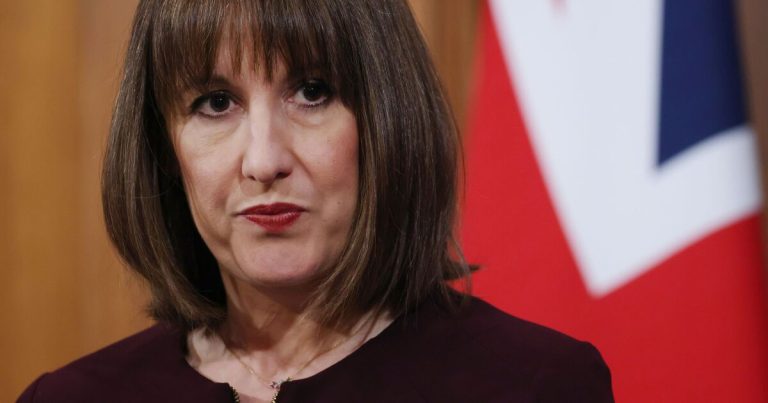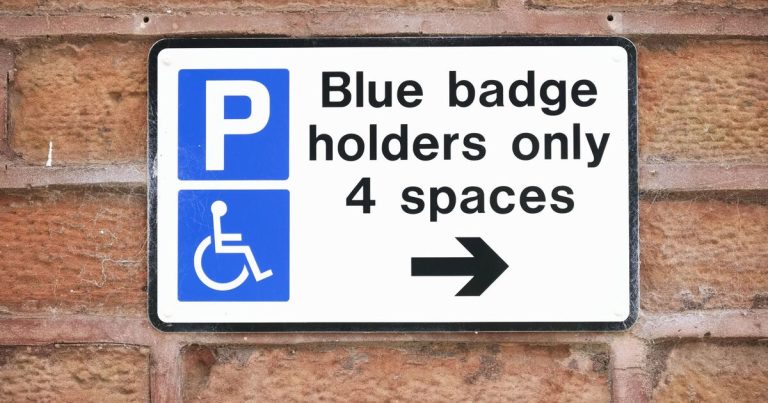Rebecca Henman had to take on extra work just to stay afloat during the cost-of-living crisis, and doesn’t believe Chancellor Rachel Reeves’s Spring Statement will bring any relief. “Nothing in it is going to help families like ours,” she says.
Rebecca, 42, lives in Cofton Hackett, Worcestershire, with her husband Dean, 47, a social work practitioner, and their two young sons, Freddie, 9, and George, 5.
Alongside her job as a cancer research nurse, she runs a direct selling business with Usborne Community Partnerships. “The additional income has become essential in keeping the family financially stable.”
Like many households, the Henmans are feeling the impact of rising taxes, particularly the freeze on income tax thresholds, which means more of their earnings are dragged into higher tax brackets.
“Tax is definitely a concern, and with the freeze in place until at least 2028, we’ve felt the squeeze over the last few years,” Rebecca says.
She started her direct selling business to help bridge the financial gap. “It’s getting increasingly difficult to achieve the quality of life we want, which is why I set up my own business alongside my nursing job.
“The extra income allows us to do all the little things that make a difference: family days out, activities for the kids, and treats that we’d otherwise have to sacrifice.”
Reeves has claimed that disposable incomes will rise this year, making the average family £500 better off, but Rebecca isn’t seeing it.
“After having children, I reduced my nursing hours to balance work and family life, and we took a big financial hit. By the middle of the month, we were already struggling to make ends meet.
“Even something as simple as a family day out became a challenge. We were at least £300 short every month, so I started my side hustle selling Usborne books.
“Through that, I can earn between £400 and £900 extra per month.”
Inflation and rising household costs have put further pressure on the family’s finances.
“Like most people, we’ve felt food and energy prices rise, but we’ve managed to stay on top of things because I can scale up my side hustle when needed,” Rebecca explains.
“That flexibility is like a security blanket. It gives us some control over our finances in a way my main job doesn’t.”
For now, Rebecca and Dean are doing what they can to weather the financial storm, but she remains sceptical about the government’s ability to ease the burden on working families.
“We’re just having to get on with it, but it shouldn’t be this hard.”





